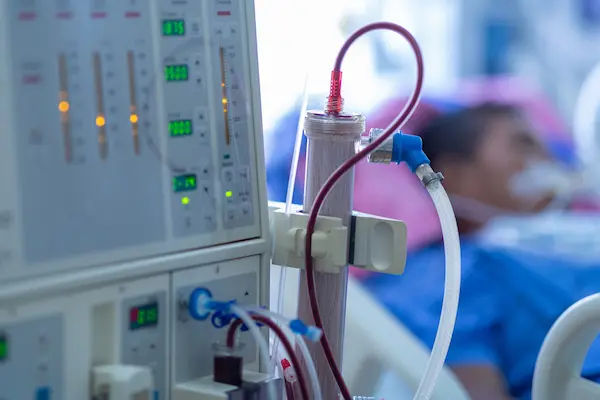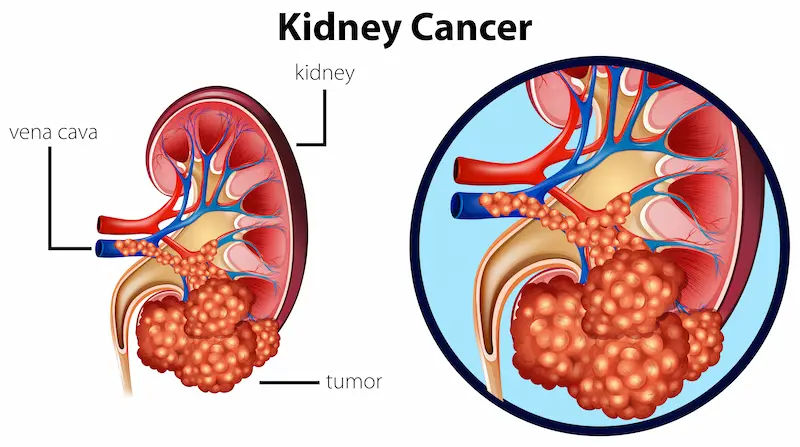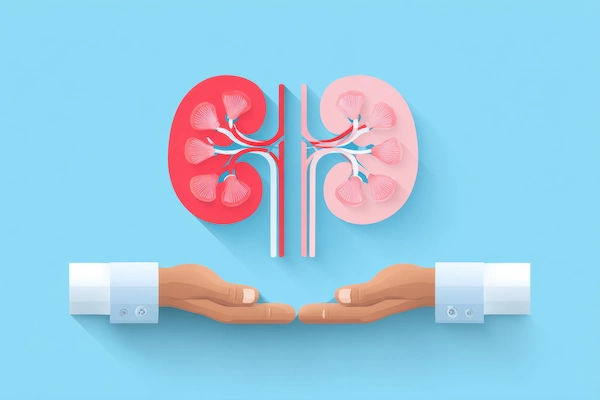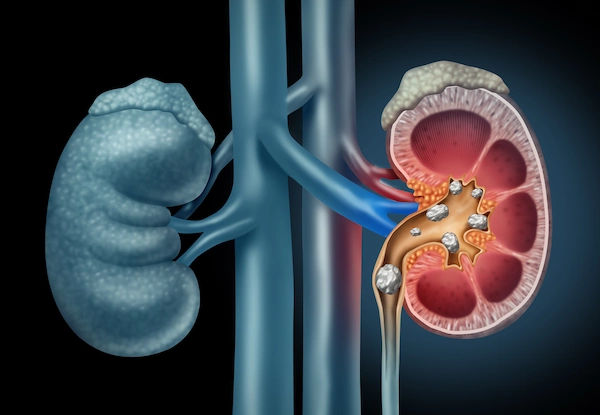- Male
- 26 Years
- 22/01/2025
I recently got my urine tested, and the results showed albumins present. Can you help me understand why this might be happening and suggest ways to reduce it?
Answered by 1 Apollo Doctors
Presence of albumin in urine (albuminuria) can be due to various reasons such as diabetes, hypertension, kidney damage, or urinary tract infection; to reduce albuminuria, your nephrologist may recommend lifestyle changes like maintaining a healthy blood pressure and blood sugar level, reducing protein intake, increasing omega-3 fatty acids, and staying hydrated, along with medication if necessary.
Dr. Shubham Suggests...
Consult a Nephrologist
Answered 04/07/2025
0
0

More Nephrology Health Queries
View allCan a keto diet reduce kidney failure?
Ketogenic lifestyle dictates a person to have high protein and fat with low or zero carbohydrate diet which may affect metabolic acidosis. High protein diet may hasten kidney failure.
Answered by 1 Apollo Doctors
I'm noticing some albumin in my urine for the past month or so. It's been bouncing between 1 and 2, though now it's less than 1. Sometimes it still goes up to 1 or 2. Should I be worried about this? Could there be an issue with my kidneys or something else with my urine?
This can be a sign of kidney damage or dysfunction. To help reduce the albumin in your urine and protect your kidneys, you can take medications such as ACE inhibitors like Enalapril 10mg once daily or ARBs like Losartan. It is important to also follow a low-salt diet and stay hydrated. Regular follow-up with your healthcare provider is recommended to monitor your kidney function.
Answered by 1 Apollo Doctors
I'm a bit worried because I've noticed my urine is really foamy. I did some tests, and my uric acid is 7.2, and creatinine is 1.1. Also, I feel like I need to pee really often after drinking water. Plus, there's this annoying pain in my foot. Can you tell me what's going on and what I should do next?
There must be protien loss in the urine,get complete urine examination to look for protien loss and visit nephrologist for appropriate management
Answered by 1 Apollo Doctors
Disclaimer: Answers on Apollo 247 are not intended to replace your doctor advice. Always seek help of a professional doctor in case of an medical emergency or ailment.





